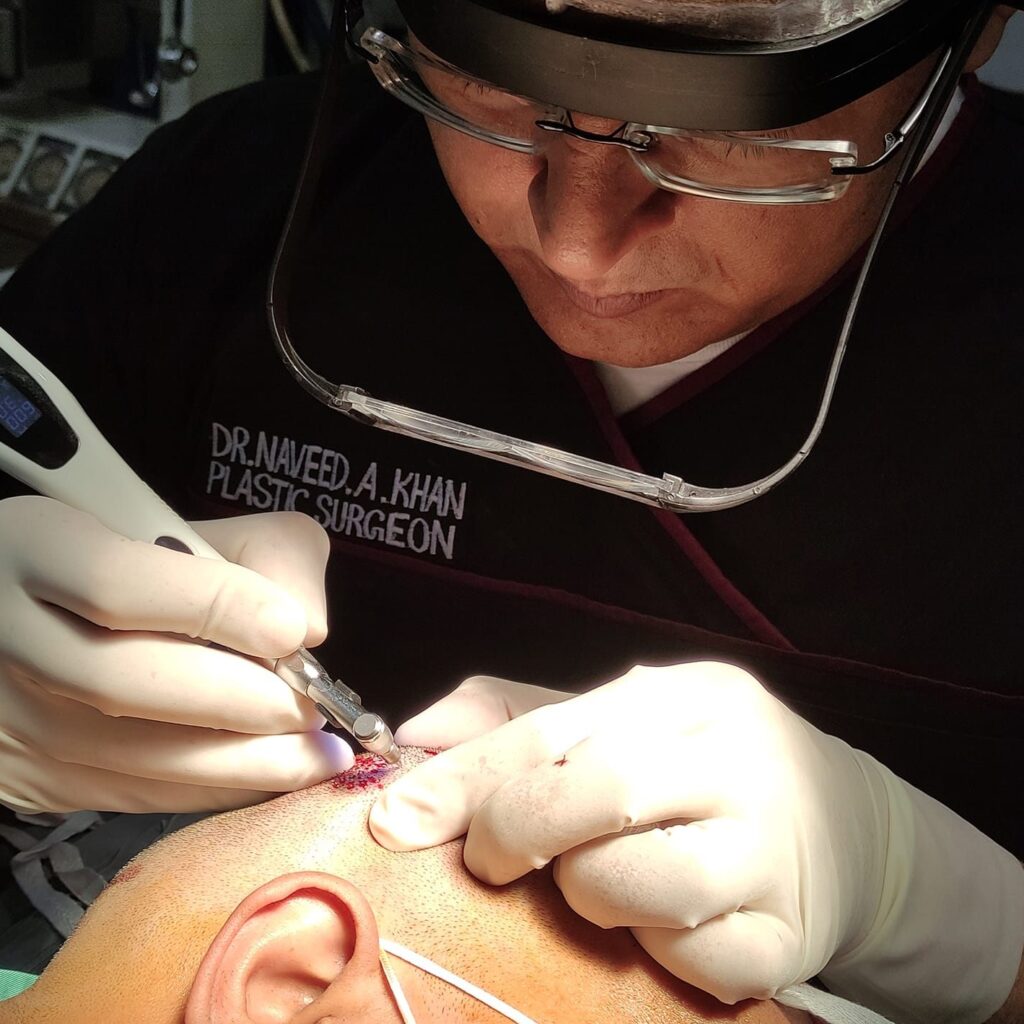- A hair transplant can be a life-changing procedure for many individuals who suffer from hair loss or baldness, but the success of the transplant is not just dependent on the surgical procedure itself. Proper aftercare is essential to ensure the best possible outcome and to minimize the risk of complications. In this article, I will discuss the importance of proper aftercare for hair transplant patients.
- Immediately after the procedure, it is normal to experience some swelling, redness, and tenderness in the recipient and donor areas. It is important to follow the aftercare instructions provided by your hair transplant specialist, including how to care for the transplanted hair and how to manage any pain or swelling. You may be advised to use ice packs and to avoid exposure to direct sunlight, as well as to avoid excessive physical activity and sweating.
- In the weeks following the procedure, it is important to continue to care for the transplanted hair, using gentle shampoos and avoiding any harsh chemicals or styling products. You should also avoid excessive brushing or combing, as this can damage the newly transplanted hair.
- It is essential to attend all follow-up appointments with your hair transplant specialist to monitor the progress of your hair growth. They will be able to identify any potential issues and provide advice on how to manage them. In some cases, additional treatments may be required to improve the growth of the transplanted hair.
- At plasticsurgerypakistan, our team of specialists provides comprehensive aftercare for our patients, ensuring that they receive the personalized care and attention they need to achieve the best possible outcome. Our goal is to minimize any risk of complications and to ensure that our patients are comfortable and satisfied with the results of their hair transplant.
- In conclusion, proper aftercare is essential for anyone who has undergone a hair transplant. It is important to follow the instructions provided by your hair transplant specialist and to attend all follow-up appointments to monitor the progress of your hair growth. With the right care and attention, you can enjoy the benefits of a fuller, healthier head of hair for years to come. I highly recommend plasticsurgerypakistan for anyone considering a hair transplant procedure
- American Academy of Dermatology. Hair loss: Who gets and causes. https://www.aad.org/public/diseases/hair-and-scalp-problems/hair-loss#causes. Accessed May 10, 2021.
- International Society of Hair Restoration Surgery. Hair transplantation. https://www.ishrs.org/hair-transplantation/. Accessed May 10, 2021.
- Bernstein RM, Rassman WR. Follicular unit transplantation. Dermatol Surg. 1998;24(9):957-963.
- Gandelman M, Ferzli G, Benavente-Valdés E, et al. Hair transplantation: a review. Ann Med Surg (Lond). 2017;19:1-6.
- Limmer BL. Elliptical donor stereoscopically assisted micrografting as an approach to further refinement in hair transplantation. J Dermatol Surg Oncol. 1994;20(11):789-793.
- Marritt E, Hicks T, Rousso DE. Hair transplant surgery: principles and practice. Facial Plast Surg Clin North Am. 2013;21(2):237-247.
- Mayo Clinic. Hair loss. https://www.mayoclinic.org/diseases-conditions/hair-loss/diagnosis-treatment/drc-20372932. Accessed May 10, 2021.
- Medical News Today. What to expect from a hair transplant. https://www.medicalnewstoday.com/articles/327100. Accessed May 10, 2021.
- PubMed. Hair transplantation. https://pubmed.ncbi.nlm.nih.gov/?term=hair+transplantation. Accessed May 10, 2021.
- U.S. National Library of Medicine. Hair transplantation. https://medlineplus.gov/hairtransplantation.html. Accessed May 10, 2021.

